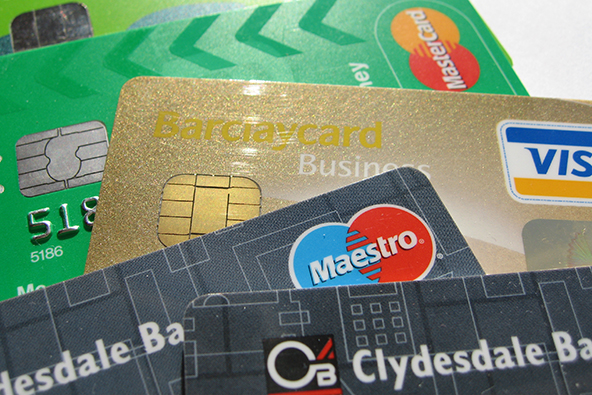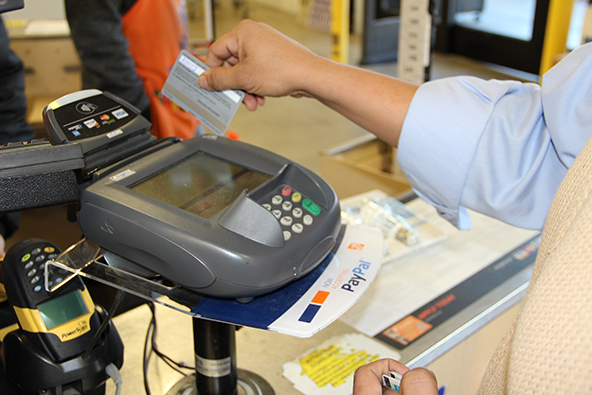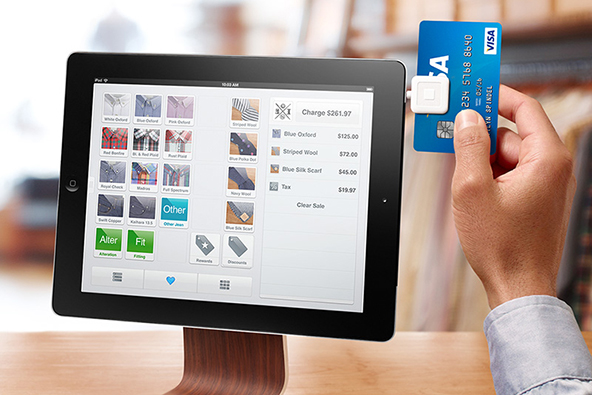US-Based Merchant Accounts for Foreign Organizations

We get tons of credit card processing inquiries from foreign merchants, however we can rarely help them set up a merchant account with us. It is not that we don’t want to work with them, but there are industry regulations that often make it impossible to do.
There are several requirements that applicants for US-based merchant account must comply with, most notably the following:
- Applicant organizations must be incorporated in the U.S. or at the very least they must have registered a “Doing Business As” (DBA) name in one of the 50 states. Individuals cannot apply, either foreign or U.S. residents.
- Applicants must have a physical office in the US.
- Applicants must have an active bank account with a US-based bank.
Complying with the above-listed requirements is by no means a guarantee that your application will be approved, but you cannot apply if you do not meet even one of them.
Foreign organizations that need a US-based merchant account have to first establish a legal presence in the United States. The principals of the business or non-profit don’t have to live in the States, but your organization must have at least a subsidiary that is incorporated in any one of 50 the states. In order to do that, your organization must have an authorized agent in the state of incorporation and a physical address there, which takes care of the second requirement. Once incorporated, your organization can open up a bank account with a local bank into which your funds will be deposited.
So as you see, if a foreign organization wants to set up a merchant account in the United States, it will have to be prepared to invest a certain amount to cover the legal and procedural expenses, as well as the ongoing expenses related to operating a local office.
Before deciding to take these steps, you might want to take a look at the alternatives to a US-based merchant account. Two of the possibilities are a third party credit card processor and an offshore merchant account. Both alternatives have their advantages and disadvantages and may work for you under certain conditions.
Third party processors offer credit card processing accounts that are easy to set up and maintain. These processors will accept your customers’ credit card payments on their own platform and will fund your account, after subtracting their service costs. In other words, your customers will check out their orders on the third-party processor’s web server.?áIf your card volumes are going to be low, this is perhaps your best choice. Be advised, however, that you will have much less control over the transaction process and that handing over the payment acceptance to a third party may hurt your professional image in the eyes of your customers. The processing rates that third-party processors offer will be substantially higher than what a direct merchant account provider will give you. If you sign up for such a service and your sales grow above a certain level, a direct merchant account may become the better option, as the cost of establishing and maintaining it will be offset by the savings that will come with the lower credit card processing rates.
Offshore credit card processing companies provide the convenience of a direct merchant account, but without the hassle of dealing with the US legal and procedural requirements. Yet, these services also have their share of disadvantages. Perhaps the biggest downside is the substantial premium on the processing rate that you will be charged. It will be much bigger than the premium charged by third-party processors and more than twice higher than the rates that domestic processors charge. There will be substantial set-up and monthly maintenance fees as well. The set-up fee is typically in the hundreds of dollars, but it is not rare to be as high as $1,000 or more. Also, the funding of your account will be delayed — typically it is done once a week compared to every day with a direct merchant account — and you will have to pay for it. Overall, the offshore merchant account is an expensive service and is typically reserved for merchants, operating in high-risk industries. All other organizations should first look at the other two options reviewed above.
Image credit: HD.org.


